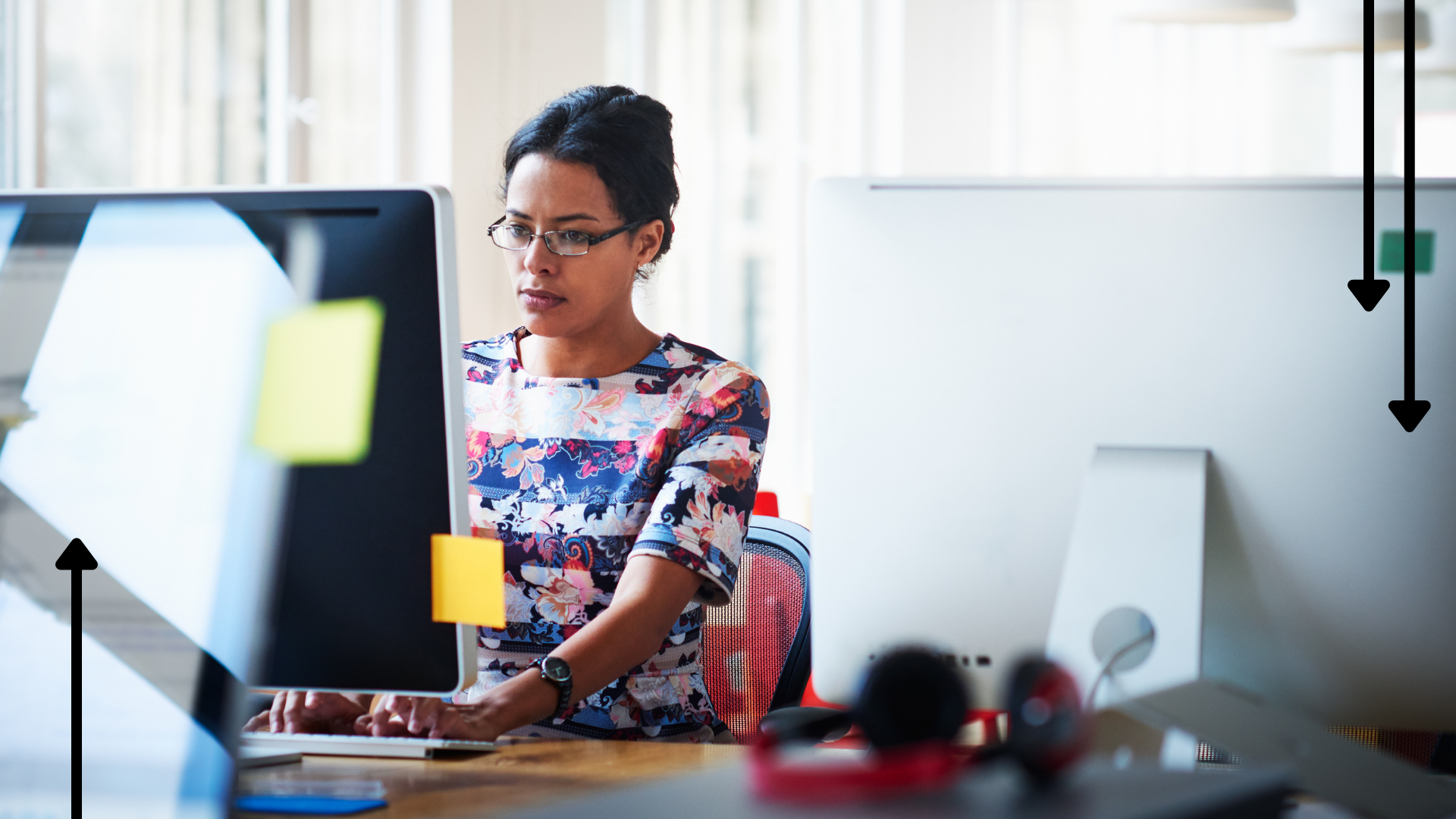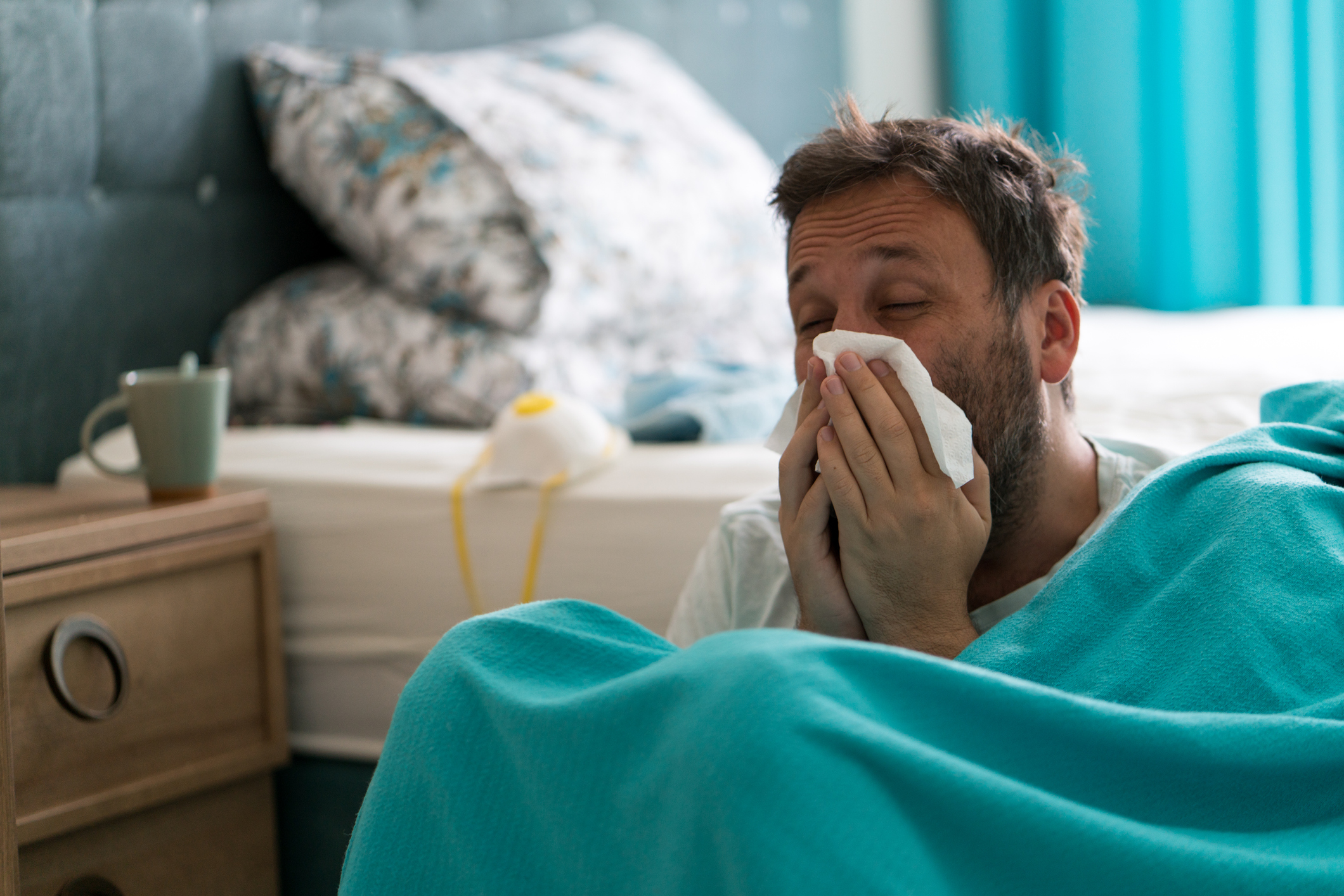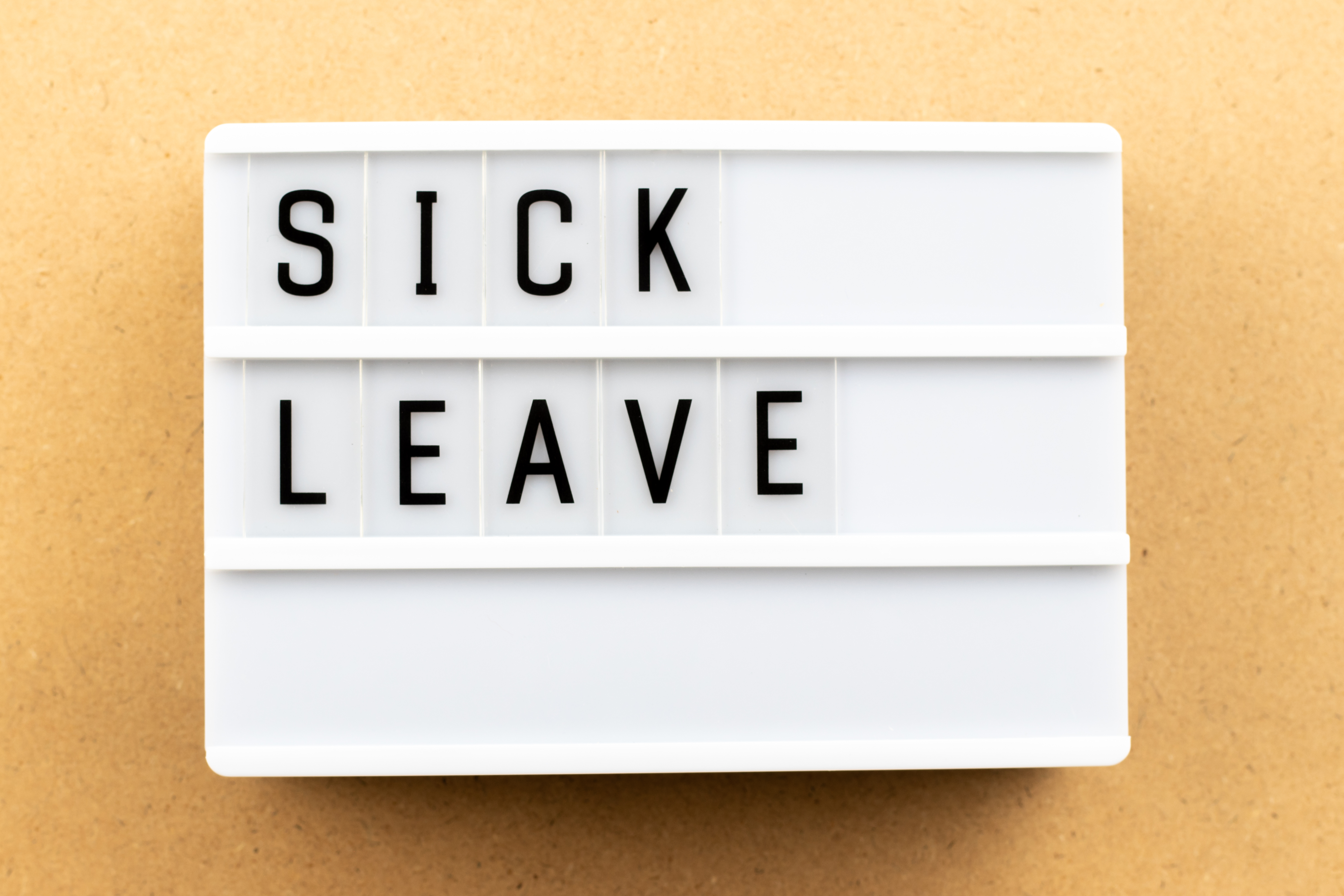Can I go to work with Covid? Public health guidelines and sick pay information
The government ending all legal coronavirus regulations has had people confused on what to do when positive and whether they can go to work with Covid?


Many are wondering if they can now go to work with Covid after the British government scrapped all legal covid requirements.
It began in February 2022, when Downing Street put into place their Living with Covid plan. This effectively ended all covid rules on face masks and isolation. But whilst government legislation stopped, Covid didn't - and hasn't - with Omicron symptomsand a spike in people getting covid twice still prevalent in the UK.
A lack of rules has led to widespread confusion on how to navigate life when that positive line appears. However, much like deciding whether your kid can go to school with Covid, there are public health guidelines out there that should be followed if you're covid positive but able to work.
Can you go to work with Covid?
In England, legally there is nothing to stop you from going to work with Covid. However current government and NHS advice asks you to prioritise working from home instead. Staying away from your workplace can help prevent passing Covid onto others - especially those who are potentially vulnerable.
The NHS website clearly states that those testing positive, showing Covid symptoms, a high temperature or feeling generally unwell should "try to stay at home and avoid contact with other people".

This message is supported by the government. They've stated that those who fall under one of these categories should "try to work from home if you can". "If you are unable to work from home, talk to your employer about options available to you," continues the statement on the government website.
Scottish legislation changed on May 1, 2022, ending the need to legally self isolate. Like England, they ask people to practice caution by working from home and staying away from others.
Parenting advice, hot topics, best buys and family finance tips delivered straight to your inbox.
As for elsewhere in the UK, Wales and Northern Ireland covid legislation remains in place. This means those that think they have Covid symptoms should get a lateral flow test and self-isolate whilst waiting for the result. If positive, self-isolation continues until at least day 6 or a negative test result appears.
When can I return to work after Covid?
Current government guidance in England states that those with Covid can go back to work once they've tested negative or "until you no longer have a high temperature (if you had one) or until you no longer feel unwell."
In a letter shared with healthcare staff in late February, NHS England bosses clarified protocol on when they can return to work after testing positive with Covid. They state that workers should not attend work until they've had "two negative LFD test results taken 24 hours apart".
"The first test should not be taken before day 5 after their initial positive test," the letter adds. "These tests need to be 24 hours apart. And providing they are medically fit, they can return to work on the morning of day 6 providing they tested negative 24 hours earlier."
Public health advice from the NHS also supports this 5 day isolation period from when symptoms start. This is because this time period is when people with Covid are considered to be the most infectuous.
The NHS adds that positive individuals should also try "avoiding meeting people at higher risk from COVID-19 for 10 days, especially if their immune system means they’re at higher risk of serious illness from COVID-19, even if they’ve had a COVID-19 vaccine."
For best practice follow public health advice and talk to your employer. You can then both agree on an appropriate return to work date together.
Will I get paid if I call in sick with Covid?
According to solicitors Landau Law, employees off sick from work with Covid will receive their usual sick pay entitlements. "This would include Statutory Sick Pay (‘SSP’), and any contractual sick pay that your employer offers," they state.
Trade Union UNISON agrees that SSP will cover individuals off work with Covid-19: "From the 25 March, the normal SSP rules will apply to Covid-related absence, which means that SSP will only be paid from the fourth qualifying day you are off work regardless of the reason for your sickness absence."

During the peak of the pandemic, legislation on Statutory Sick Pay changed slightly. So that workers received this state pay from the first day of absence. However, ending the legal requirement to self-isolate meant SSP has reverted back to normal. This means payment applies after the fourth day of absence.
Can you go to work if a household member has Covid?
There is now no legal requirement to self isolate if you come into contact with a positive Covid case. So it's up to the individual on whether they go to work if a fellow household member has Covid. This being said, if you start to develop symptoms it's recommended you carry out testing. And take the necessary precautions if the result is positive.
From a pay perspective, employers are no longer obliged to pay staff who are off work isolating. And this includes Statutory Sick Pay. Self isolation and the legislation around it officially ended on 25 March 2022.
"Staff are no longer entitled to SSP for self-isolation, unless they are not well and off sick," reads a statement on the government's Advisory, Conciliation and Arbitration Service (ACAS) website.
Video of the Week:

Emily Stedman is the former Features Editor for GoodTo covering all things TV, entertainment, royal, lifestyle, health and wellbeing. Boasting an encyclopaedic knowledge on all things TV, celebrity and royals, career highlights include working at HELLO! Magazine and as a royal researcher to Diana biographer Andrew Morton on his book Meghan: A Hollywood Princess. In her spare time, Emily can be found eating her way around London, swimming at her local Lido or curled up on the sofa binging the next best Netflix show.